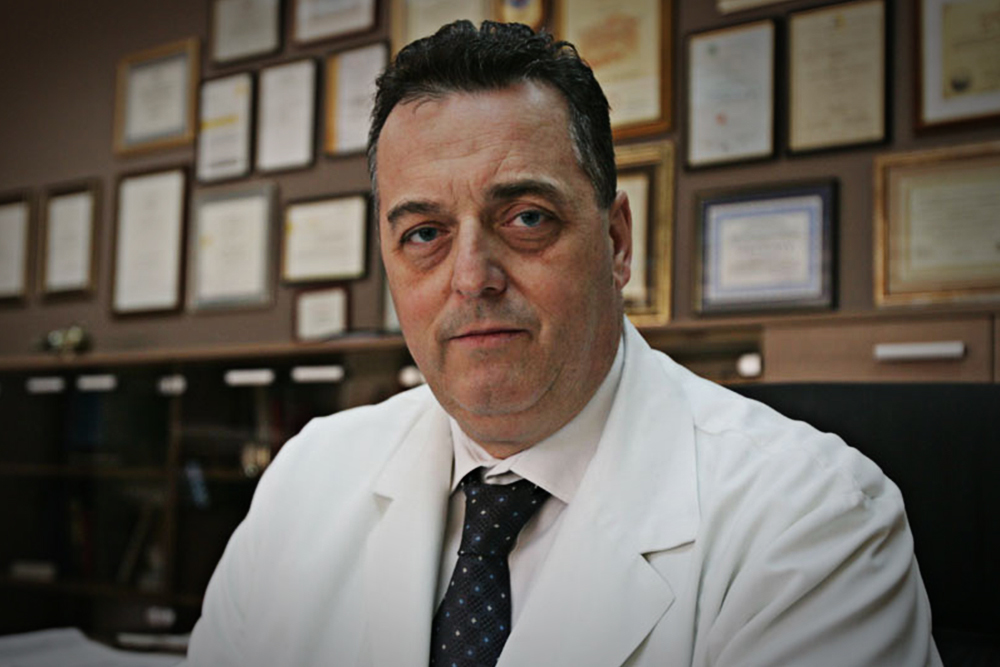
The former director of the Sarajevo Clinical Center, Faris Gavrankapetanović, and his family have acquired property worth 2 million KM over the past decade.
Every sixth representative elected to the Brčko District Assembly in the last elections has been convicted of a criminal offense. Most of them will now have the opportunity to question the work of the prosecutor’s office that indicted them, from their seats in the assembly.
A convicted drug dealer, a vote trafficker, and a forger will soon have the opportunity to judge the work of the Prosecutor’s Office in Brčko – the institution that has proven their criminal acts. These convicted individuals are now members of the newly elected Brčko District Assembly, where the prosecutor will be required to submit an annual report on the work of the prosecution.
Abdulah Iljazović from Naša stranka, Pejo Mendeš from the Hrvatska seljačka stranka, and…

The former director of the Sarajevo Clinical Center, Faris Gavrankapetanović, and his family have acquired property worth 2 million KM over the past decade.
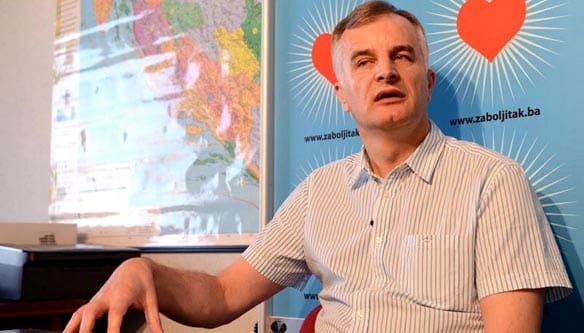
Jerko Ivanković Lijanović signed off on 3 million KM from the Federation budget for agricultural subsidies. Most of that went to voters who helped his party join the government in the 2010 elections.
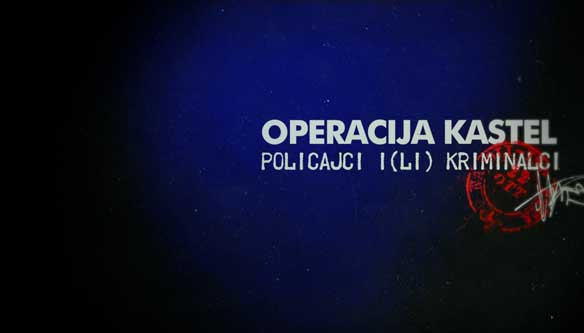
The film was produced after Brkić was sentenced to 11 years in prison pending appeal in December 2013.
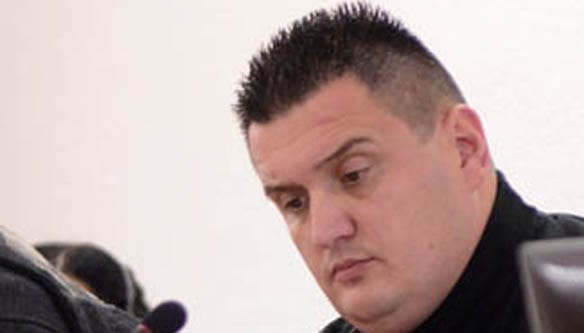
Igor Marelja from Livno is sentenced to 1.5 years because of a fraud worth more than half million KM. He defrauded policemen, civil servants and other citizens of BiH and Croatia.
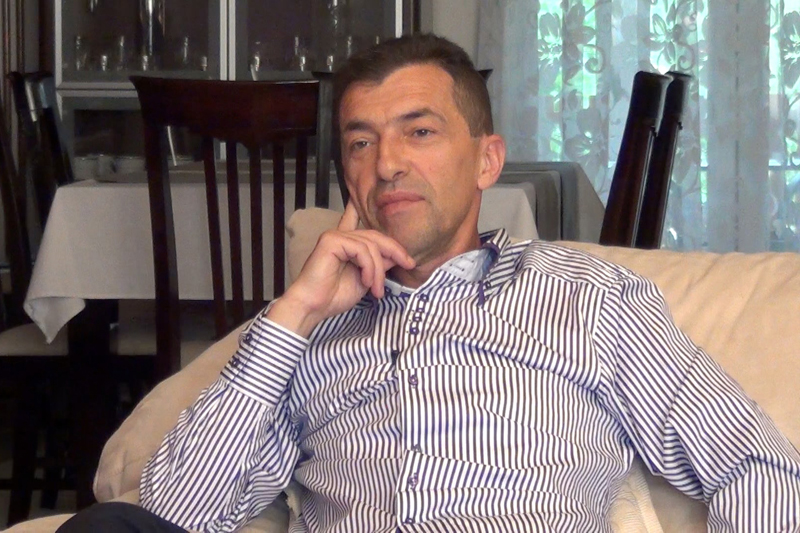
The Court of BiH handed down a sentence of 11 years Ramo Brkić, former police commissioner of Una Sana Canton; 10 years to Senad Šabić and five years to Satko Kekić.
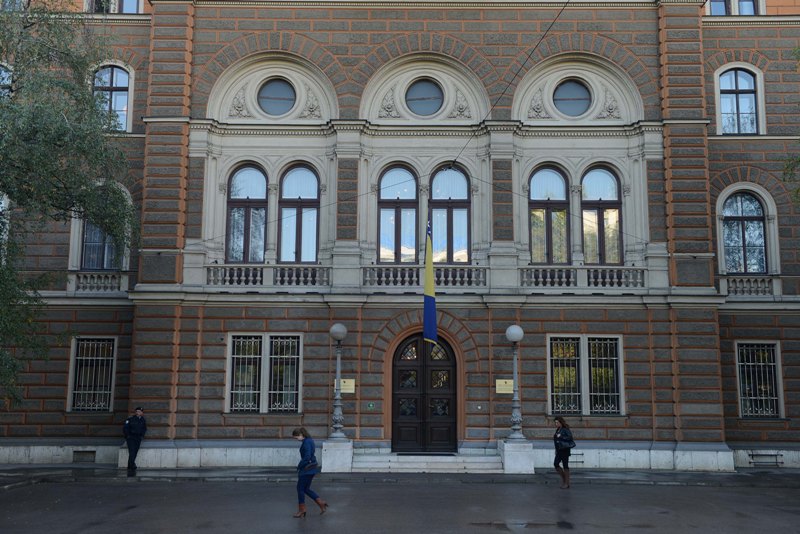
The Office of BiH Presidency has put out a call for applications. Four of the vacancies were filled by the candidates who have worked with the department.
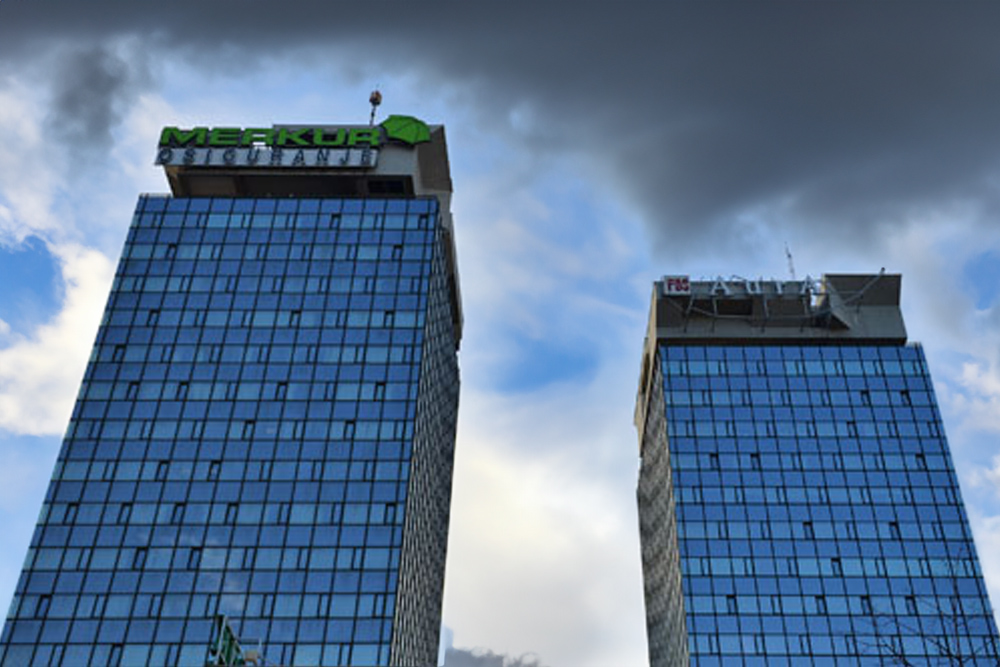
Several hundred Bosnians are victims of a Ponzi scheme. They gave money believing that they were trading on Forex, the currency market. Their money has never arrived at the market.
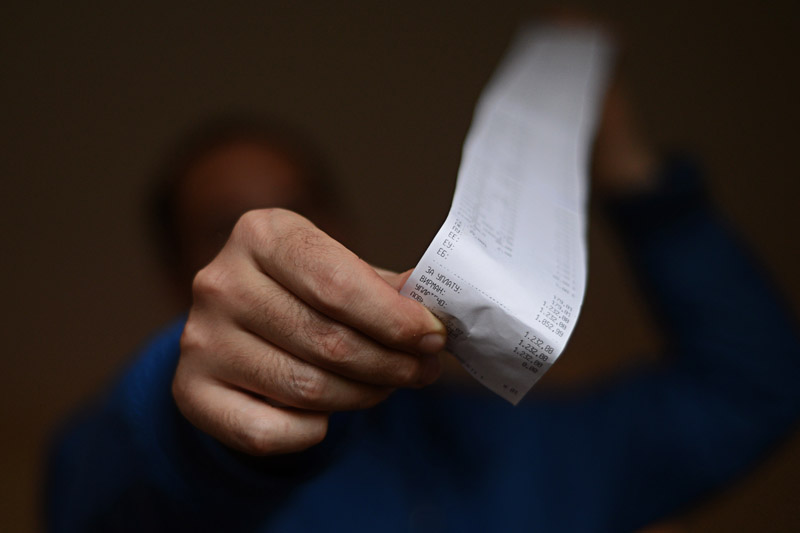
The state and entity agencies have spent at least 19 million KM in discretionary funds in the past three years. Civil servants bought meals, party colleagues’ books, drank alcohol and left tips in bars with the taxpayers’ money.
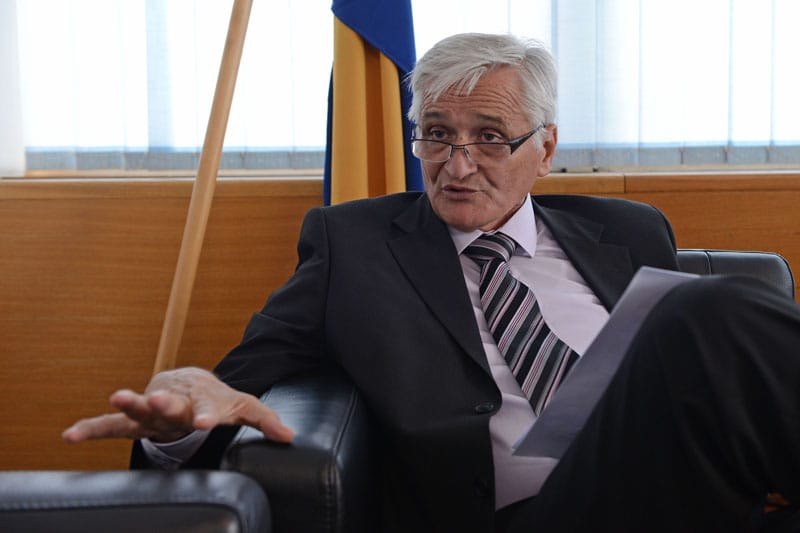
Since 2010, the BiH Council of Ministers has given out over half million KM from emergency/unanticipated event reserve account to individuals including party colleagues, cousins and neighbors.

Out of 21 million KM in agricultural subsidies that the Federation of BiH Ministry of Agriculture provided in 2012, at least 2.7 million KM went to the firms that applied with the outdated buildings, non-existent businesses or were owned by party colleagues and the minister’s family.
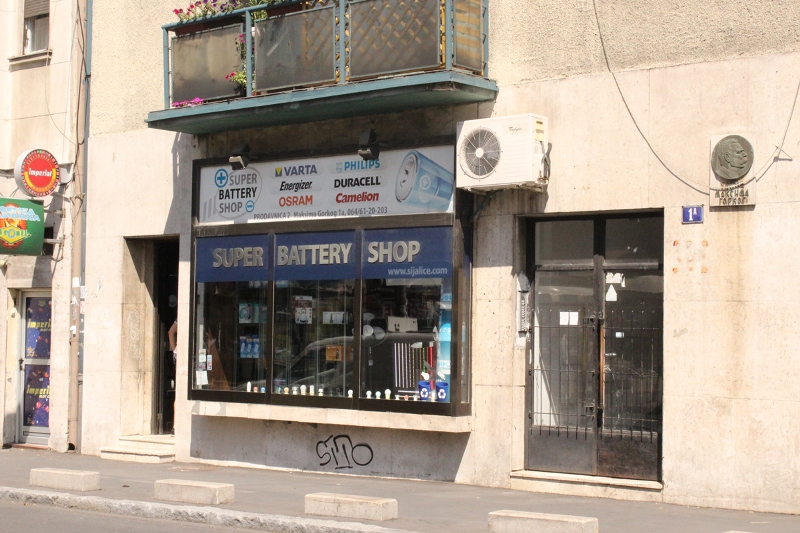
A number of buildings in Serbia owned by Bosnia and Herzegovina firms has been illegally sold or is left abandoned to crumble. Some Serbian firms have also not yet returned their property in BiH, because the two countries are not implementing the Succession Agreement in its entirety.
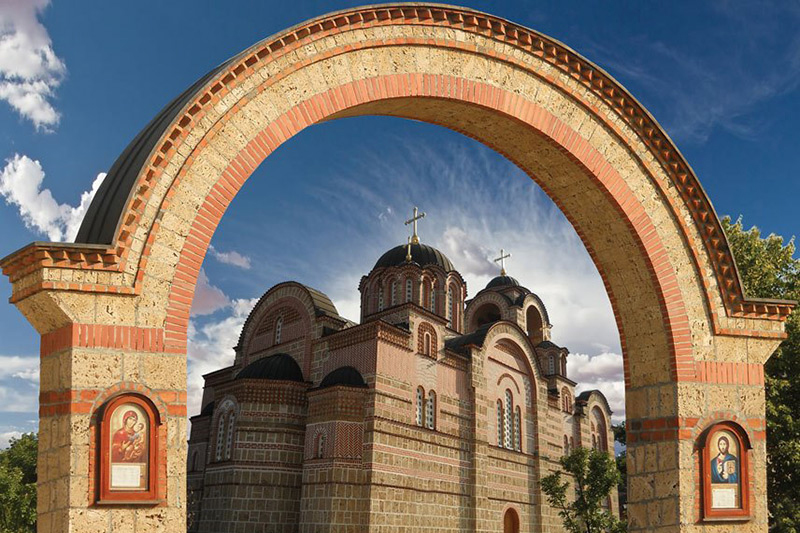
Stanko Subotić, Boško Radonjić, Tasim Kučević and Naser Kelmendi are just some of benefactors of religious buildings in Serbia and BiH.

The former director of the Sarajevo Clinical Center, Faris Gavrankapetanović, and his family have acquired property worth 2 million KM over the past decade.

Jerko Ivanković Lijanović signed off on 3 million KM from the Federation budget for agricultural subsidies. Most of that went to voters who helped his party join the government in the 2010 elections.

The film was produced after Brkić was sentenced to 11 years in prison pending appeal in December 2013.

Igor Marelja from Livno is sentenced to 1.5 years because of a fraud worth more than half million KM. He defrauded policemen, civil servants and other citizens of BiH and Croatia.

The Court of BiH handed down a sentence of 11 years Ramo Brkić, former police commissioner of Una Sana Canton; 10 years to Senad Šabić and five years to Satko Kekić.

The Office of BiH Presidency has put out a call for applications. Four of the vacancies were filled by the candidates who have worked with the department.

Several hundred Bosnians are victims of a Ponzi scheme. They gave money believing that they were trading on Forex, the currency market. Their money has never arrived at the market.

The state and entity agencies have spent at least 19 million KM in discretionary funds in the past three years. Civil servants bought meals, party colleagues’ books, drank alcohol and left tips in bars with the taxpayers’ money.

Since 2010, the BiH Council of Ministers has given out over half million KM from emergency/unanticipated event reserve account to individuals including party colleagues, cousins and neighbors.

Out of 21 million KM in agricultural subsidies that the Federation of BiH Ministry of Agriculture provided in 2012, at least 2.7 million KM went to the firms that applied with the outdated buildings, non-existent businesses or were owned by party colleagues and the minister’s family.

A number of buildings in Serbia owned by Bosnia and Herzegovina firms has been illegally sold or is left abandoned to crumble. Some Serbian firms have also not yet returned their property in BiH, because the two countries are not implementing the Succession Agreement in its entirety.

Stanko Subotić, Boško Radonjić, Tasim Kučević and Naser Kelmendi are just some of benefactors of religious buildings in Serbia and BiH.
The Center for Investigative Reporting (CIN) in Sarajevo is unique in Bosnia and Herzegovina, the first organization of its kind to be established in Balkans. CIN is dedicated to investigative reporting, aimed toward providing fair and unbiased information, based on evidences and solid proof, to BiH citizens who need to make educated decisions.
Downloading of the content of the CIN is permitted with the mandatory reference to the source at www.cin.ba.
Svojim anonimnim prijavama doprinosite integritetu naše zajednice. Molimo vas da iskoristite ovu formu kako biste sigurno prijavili bilo kakvu sumnju u korupciju ili nezakonitu aktivnost koju primijetite. Vaša hrabrost ključna je za očuvanje naših vrijednosti i promicanje transparentnosti.